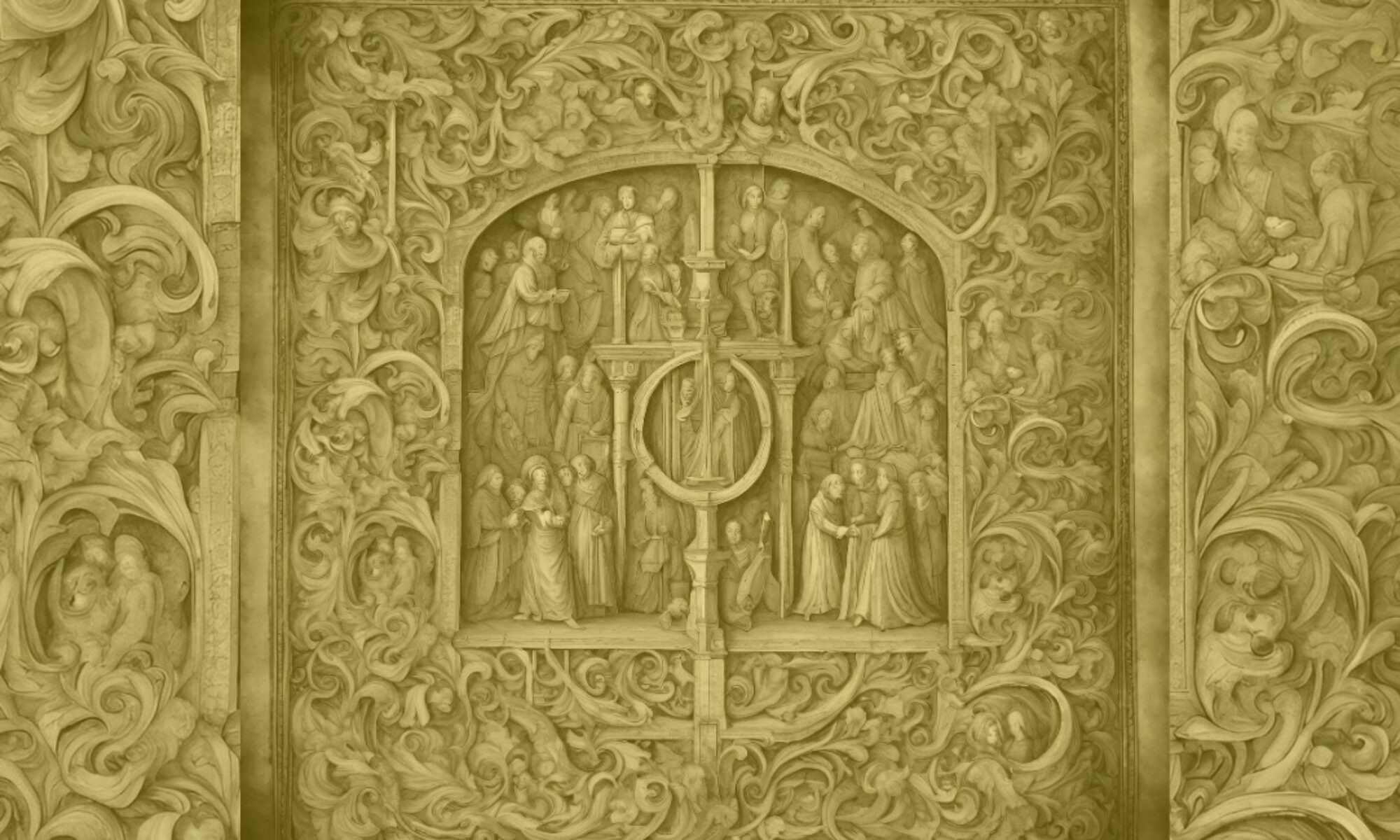This panel’s title is “Myths to Live (and Die) By: Hands-On Work at the Intersection of Myth and Ecology”



Mythic work often lives at the intersection of the individual and the collective. There is perhaps no place where this is more profound than in work that involves ecological consciousness. Joseph Campbell once said, “When you are in accord with nature, nature will yield its bounty. This is something that is coming up in our consciousness now, with the ecology movement, recognizing that by violating the environment in which we are living, we are really cutting off the energy and source of our own living.“
In what ways do we see the energies of our own living being cut off? What is the mythic relationship between the earth and human beings? What narratives have held warnings about violations of that relationship? What challenges exist when attempting to live from a place of both mythical and ecological health?
In this panel, Maria Souza, Dr. Lori Pye, and Robert Walter discuss their personal work with myth and ecological consciousness. Dr. John Bucher from the Joseph Campbell Foundation moderates.
About Maria Maria Souza is a Brazilian mythologist, educator and writer. She holds a postgraduate degree in Ecology and Spirituality, and she worked for seven years in the Amazon with indigenous people. Maria fell in love with mythology during her studies in the UK in 2015, and since then she has begun a personal and academic exploration of the topic. Her book, Wild Daughters, draws from mythology and time-worn tales while illuminating the challenges, dangers, beauty, and reality of the first initiations of a woman’s life. Blending ancient wisdom with contemporary culture, Souza’s writings reflect a woman in search of depth in times of superficial ornaments. She runs a mentoring program based on Clarissa Pinkola-Estés' Women Who Run With The Wolves and is the creator and host of the Women and Mythology podcast, hosted as part of the Joseph Campbell Foundation's MythMaker℠ Podcast Network.
About Lori Dr. Pye is the Founder and President of Viridis Graduate Institute and is a leading voice in the field of ecological psychology (ecopsychology) as an approach to the interconnected challenges of our times. As executive director for international marine organizations, Dr. Pye worked with numerous NGOs to co-develop the Eastern Tropical Pacific Biological Seascape Corridor with the Ministers of the Environment from Costa Rica, Colombia, Panama, and Ecuador. As an educator, Dr. Pye teaches internationally and at leading international conferences on diverse cultural issues such as Nature and Human Nature, The Mythology of Violence, and The Aesthetic Nature of Change. Dr. Pye has multiple publications in peer-reviewed journals and continues to contribute to the growing field of ecopsychology. She is a member of the International Union for Conservation of Nature (IUCN) and the Commission on Education and Communication (CEC), European Ecopsychology Society (EES), International Society for Environmental Ethics (ISEE) and serves on the Editorial Board for Ecopsychology Journal. Dr. Pye serves on Harrison Middleton University's Humanities Advisory Council and is a board member of From the Heart Film Productions, and Project Satori that aims to provide mental health treatment services to sex trafficking survivors and their families. Dr. Pye serves as faculty at Viridis Graduate Institute and the University of Santa Barbara (UCSB). She formerly taught ecopsychology at Kaweah Delta Mental Health Hospital Psychiatric Residency Program. Her textbook Fundamentals of Ecopsychology is forthcoming from Routledge in 2022.
About Bob In 1979, Robert Walter began work with Joseph Campbell on several projects, including Campbell's multivolume Historical Atlas of World Mythology, for which Bob became editorial director. As Campbell’s literary executor, following the famed mythologist’s death in 1987, Bob completed and supervised the posthumous publication of the Historical Atlas. In 1990, when Bob and Joseph Campbell’s widow, Jean Erdman, together with his family and close friends, founded the Joseph Campbell Foundation (JCF), Bob was named vice president and executive director. He was appointed JCF president in 1998. He has spoken internationally about the connections between myth and healing.
John Bucher, PhD, moderator

John Bucher is a mythologist and storyteller based out of Hollywood, California. He serves as Creative Director for the Joseph Campbell Foundation and is also an author, podcaster, and speaker. He has worked with companies including Atlas Obscura, HBO, DC Comics, The History Channel, A24 Films, The John Maxwell Leadership Foundation and served as a consultant and writer for numerous film, television, and Virtual Reality projects. He is the author of six books including the best-selling Storytelling for Virtual Reality, named by BookAuthority as one of the best storytelling books of all time. Disruptor named him one of the top 25 influencers in Virtual Reality. John teaches writing and story courses in the Los Angeles area and around the world. He holds a PhD in Mythology and Depth Psychology and has spoken on six continents about using the power of story and myth to reframe how individuals, organizations, cultures, and nations are viewed. For more about John’s work, visit tellingabetterstory.com.








